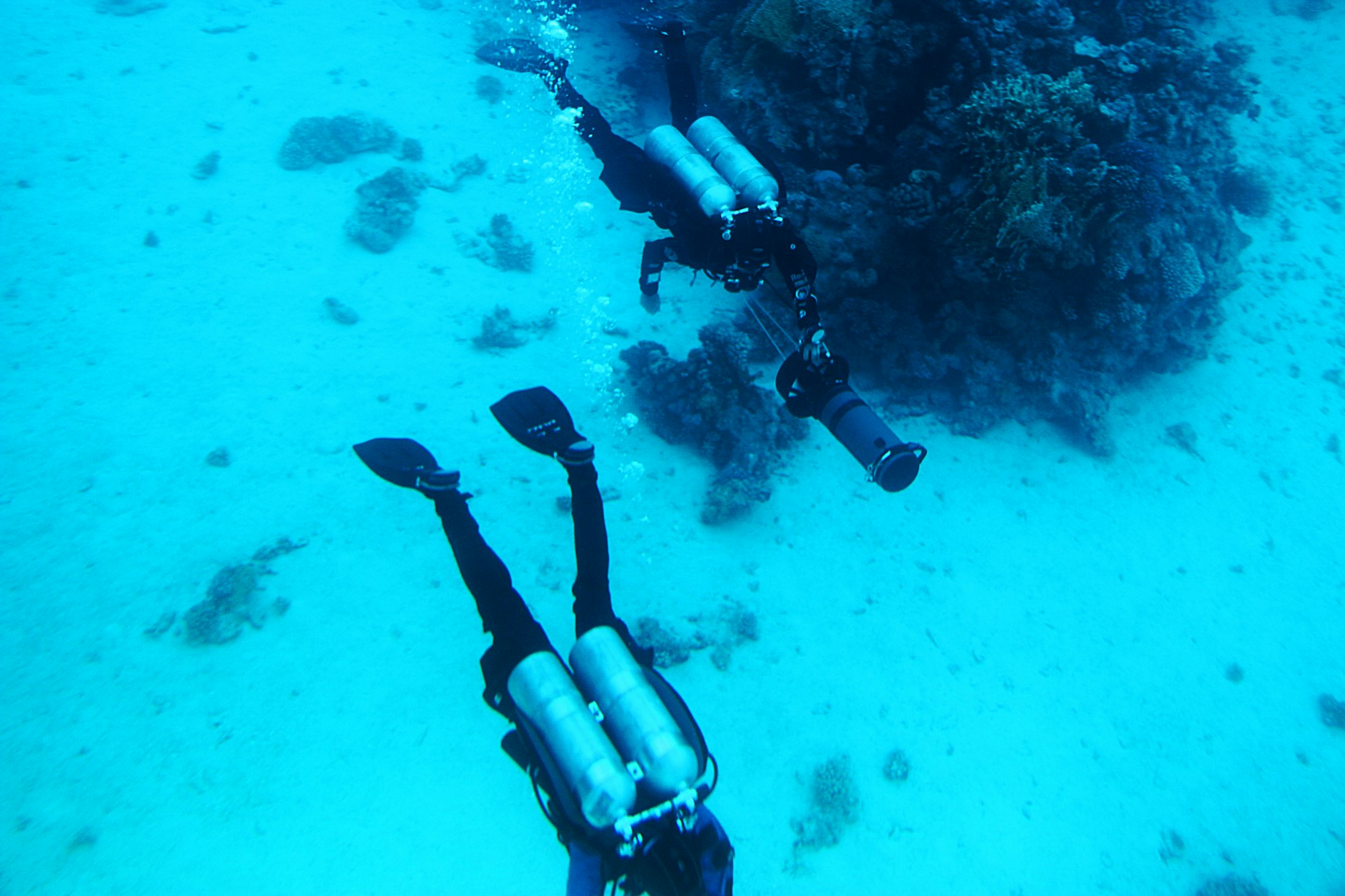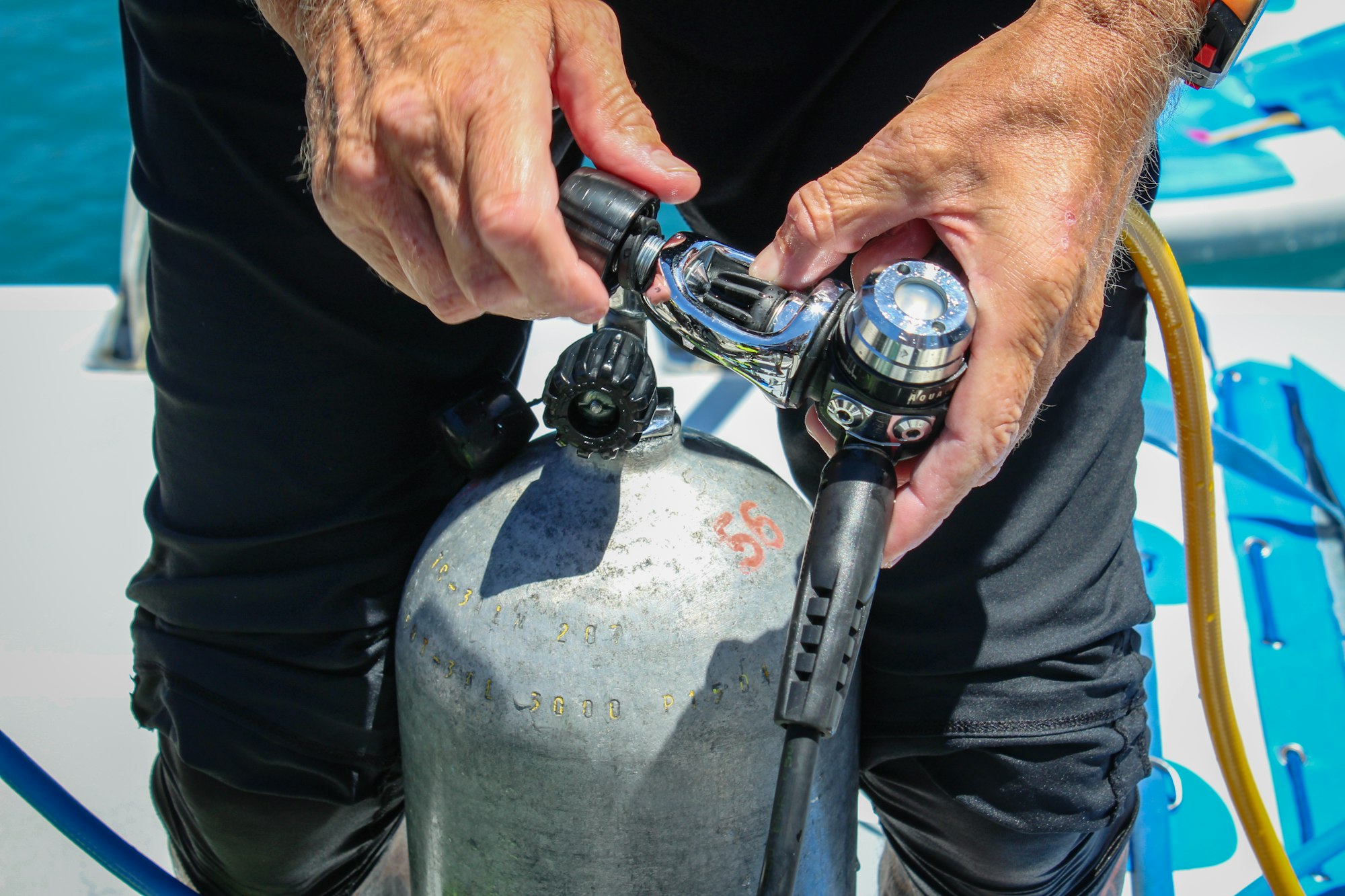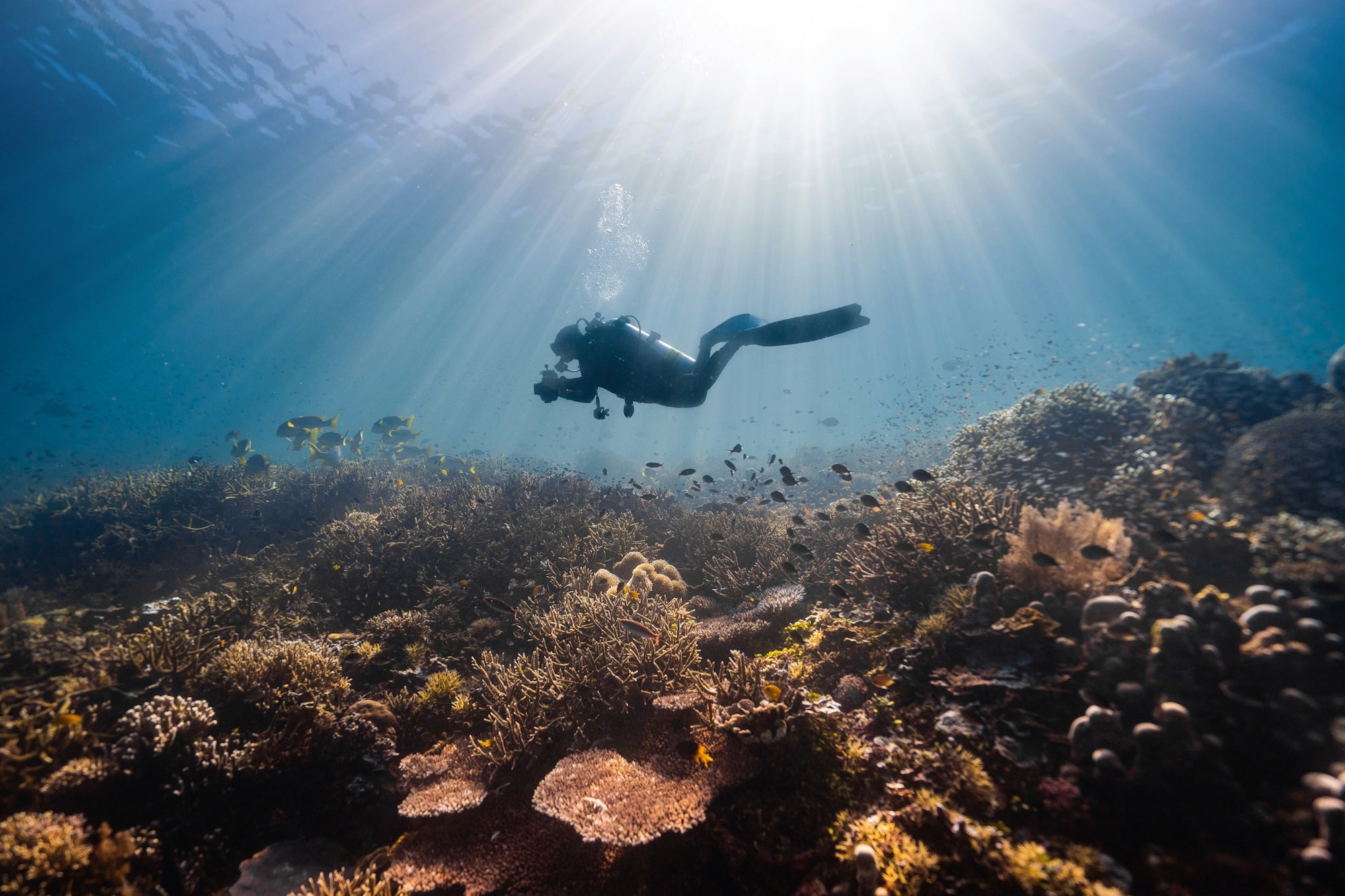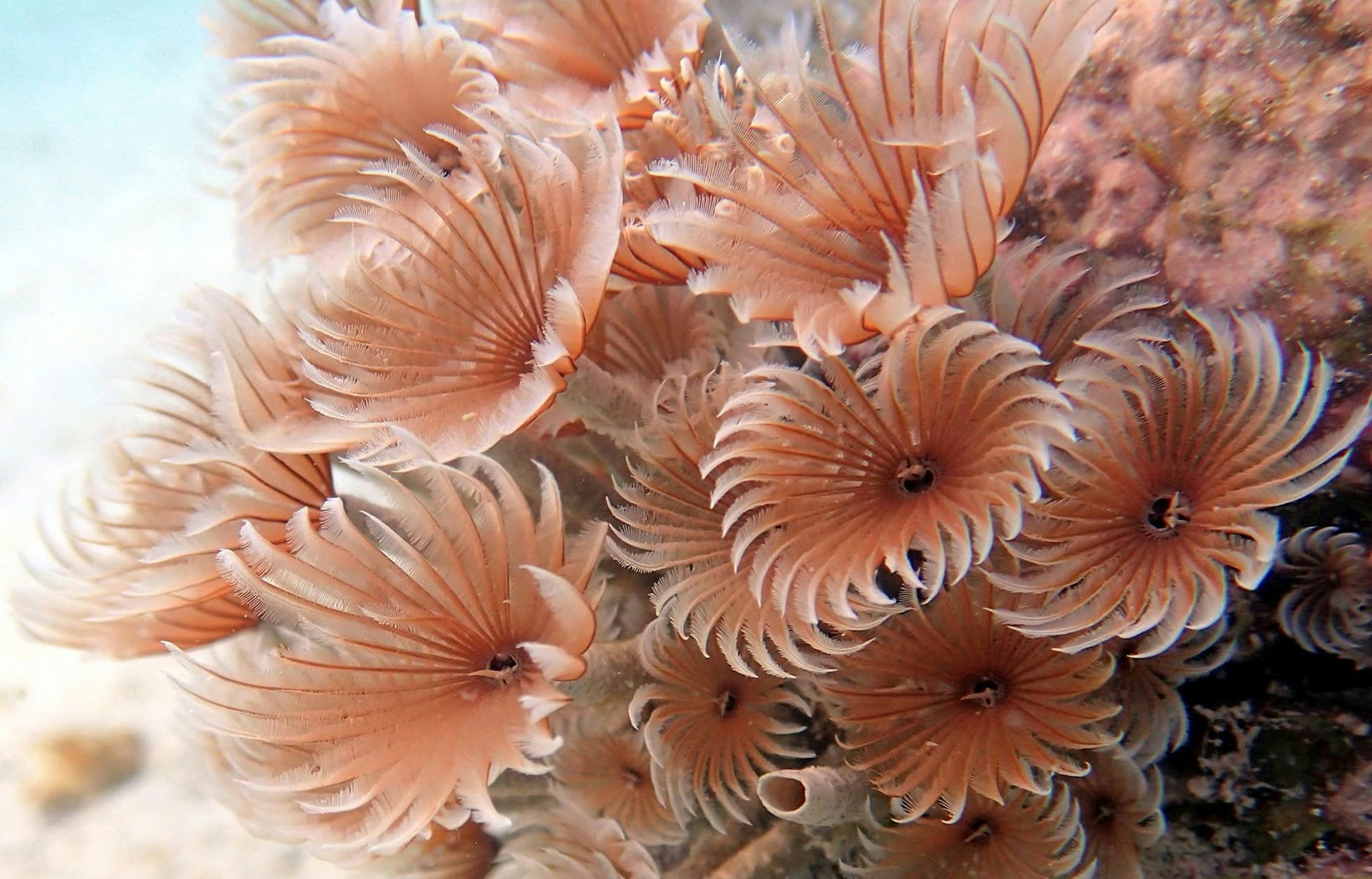Scuba diving is a recreational activity that involves swimming and breathing in water. It is done under the supervision of a dive instructor. Scuba is also used in commercial and military applications. A diver may also descend into depths for research purposes. Usually scuba divers wear equipment that allows them to stay underwater for prolonged periods of time.
Divers are required to have a license before they can dive. They also need to meet certain physical and medical requirements. The most basic license is the open water diving certification. Those who hold a DiveMaster candidate or DiveMaster trainer qualification are considered advanced scuba divers.
To become a certified scuba diver, you need to pass a series of tests. You can get a beginner’s course at a local dive shop or enroll in a scuba diving course offered at many dive facilities. After passing the test, you will receive a diver’s manual and a PADI certificate. There are several other scuba diving certificates that you can pursue, such as the Open Water Diver, Junior Open Water Diver, Advanced Open Water Diver, Specialty Diver, and Dive Master.
During a dive, a scuba diver’s primary responsibility is to maintain a neutral buoyancy. This is achieved by the use of a buoyancy control device, such as a scuba diving jacket. Diving gear, such as the buoyancy control device, is constructed from chloroprene rubber, and the material is sewn together with an industrial sewing machine.
Another important component of a diver’s safety is his buddy. A buddy, or diving partner, is a person who is willing to assist the diver in case of an emergency. Some scuba divers choose to carry their own source of air. If the diver’s air supply is disrupted, a diver’s ability to control his depth and his ability to escape an injury are compromised. Depending on the diver’s health, some scuba divers have been trained to donate their breathing gas to another diver in an emergency.
Another important aspect of scuba is the diving regulator. The diver’s regulator regulates the flow of air to the diver’s mouth and nose. In the early 1900s, British inventors developed a system for supplying scuba divers with a continuous stream of air.
The regulator evolved into a more sophisticated and powerful tool in the mid-twentieth century, and was patented by Jacques Cousteau in 1942. In addition to controlling the flow of air, the modern day regulator also functions as a regulator for other types of underwater equipment.
Scuba diving is a unique sport, allowing you to see the world below the surface. While it is a physically demanding activity, it is a great way to get exercise and boost your serotonin levels. Many scuba divers are famous for their explorations and scientific experiments. Most of these individuals don’t compete against each other, but rather, dive for fun and learn about life beneath the water.
Despite the risks associated with scuba diving, most people enjoy the sport for its relaxing nature and the opportunity to view aquatic wildlife. Those who want to take their adventure to the next level should invest in a quality scuba training class.



